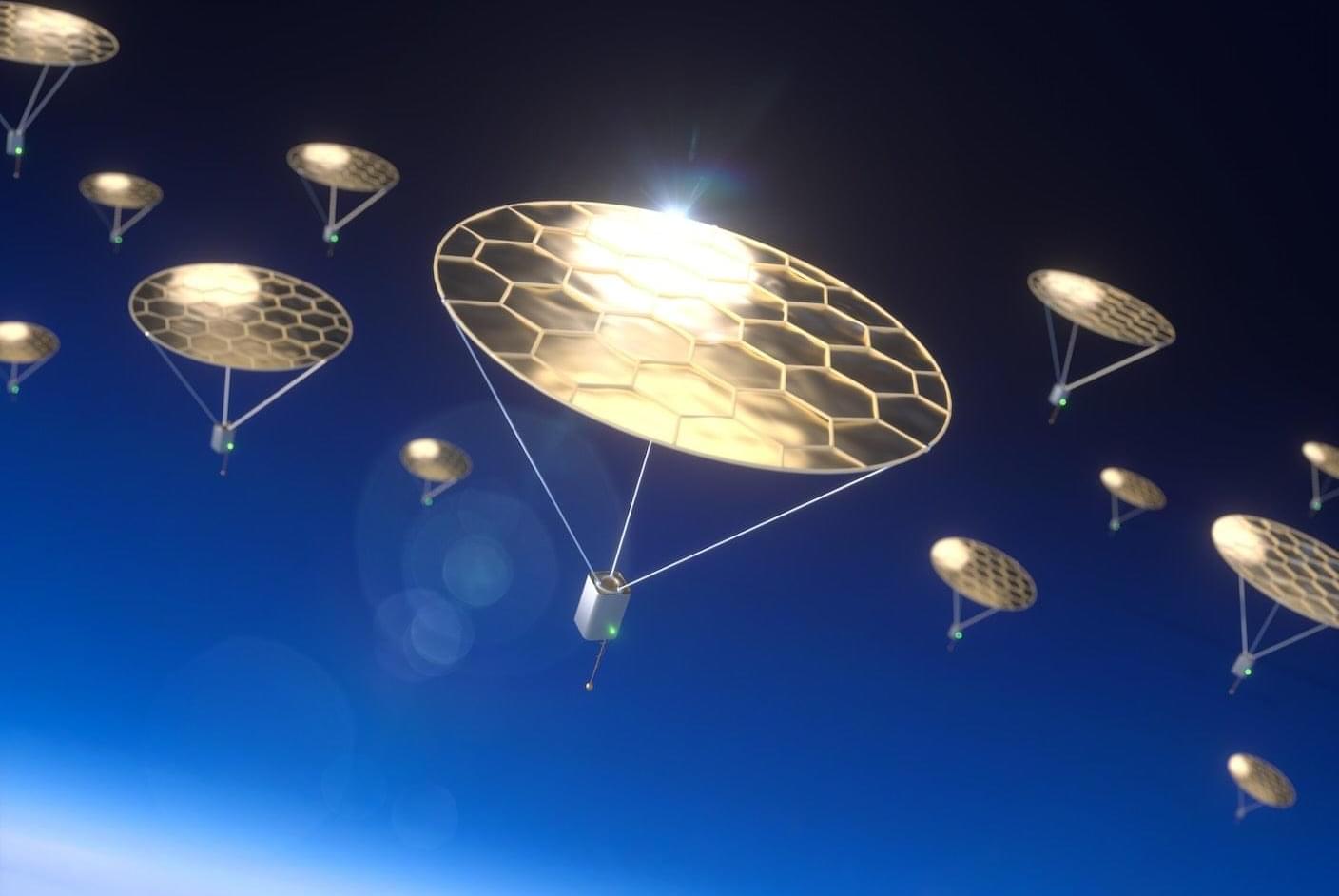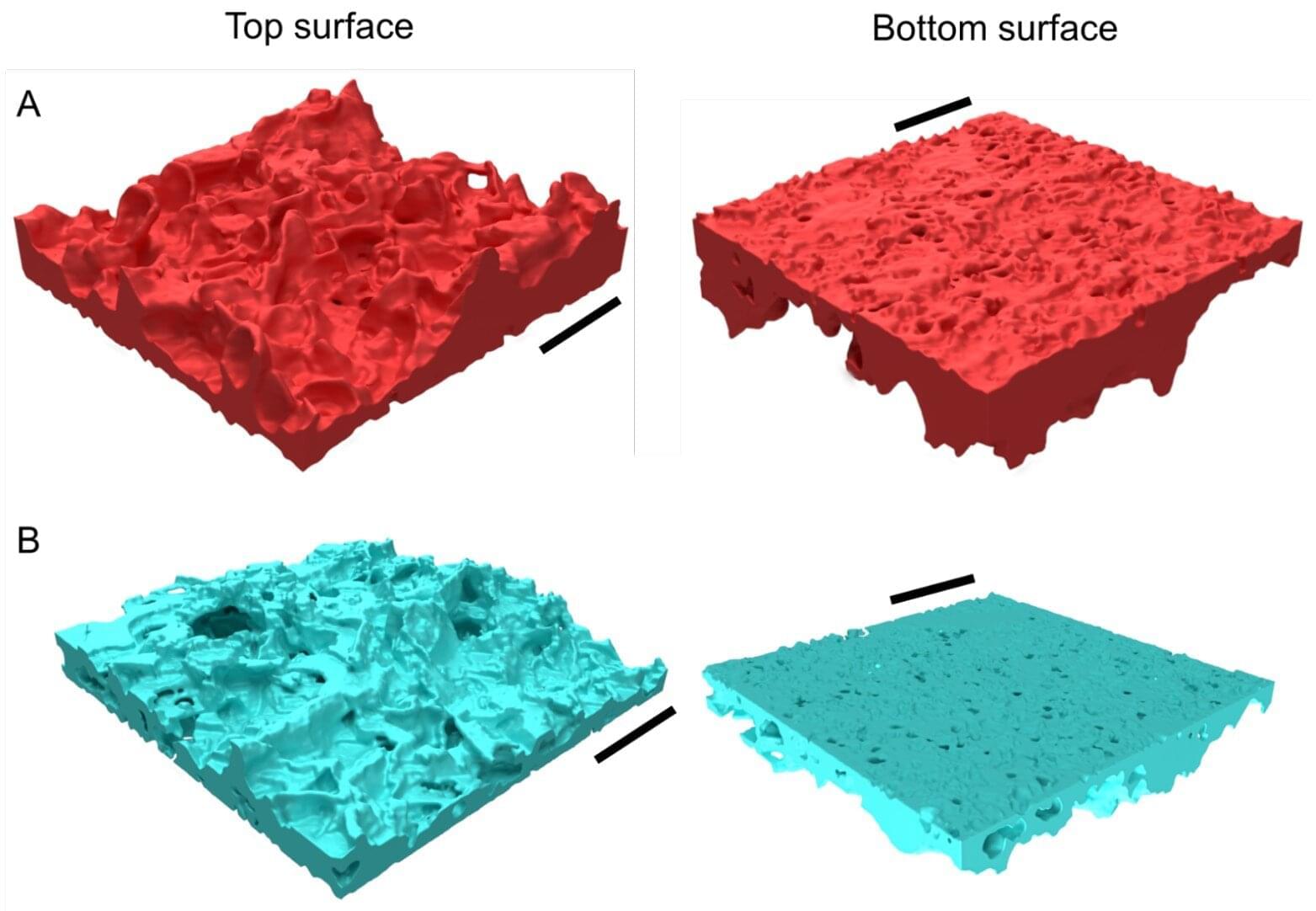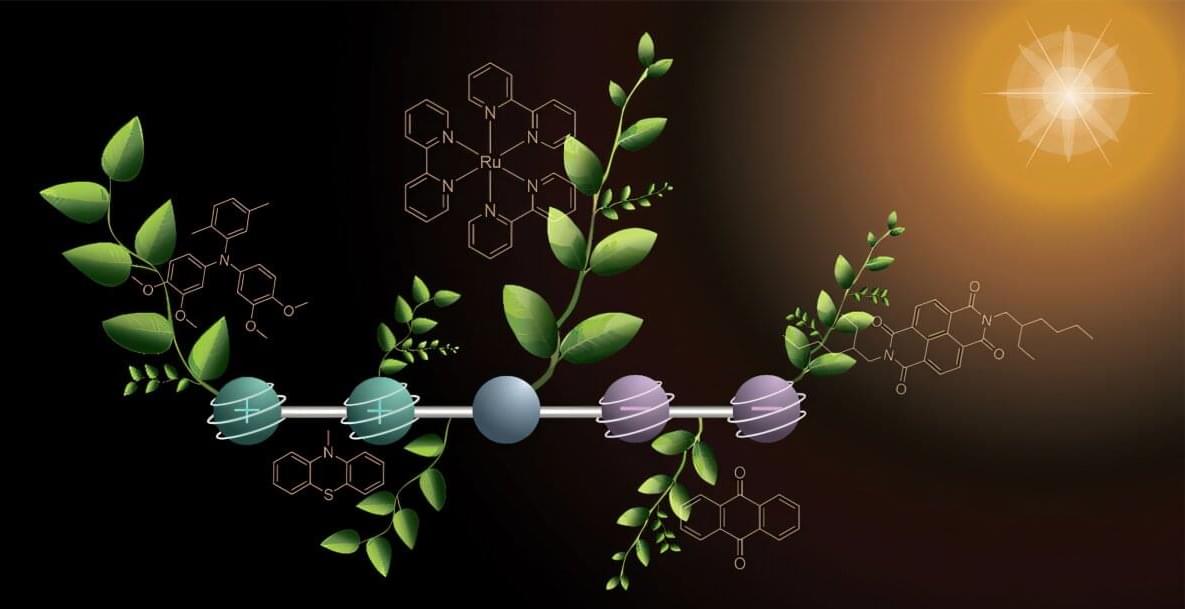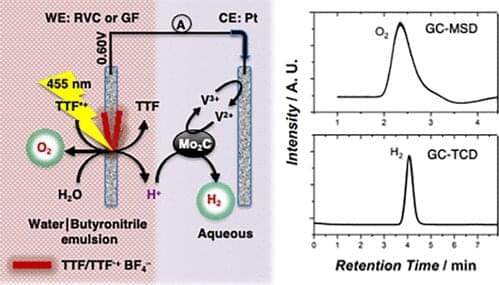Legacy Auto’s Desperation vs. Tesla’s Dominance.
## Abstract.
In the accelerating automobility transformation, legacy automakers like Ford—grappling with $12 billion in EV losses since 2023, including $2.2 billion in H1 2025 and projections up to $5.5 billion for the year—desperately seek Tesla’s technological lifelines, yet Tesla has scant incentive to license its Full Self-Driving (FSD) system.
This report unveils the Darwinian imbalance: Tesla’s unassailable edge in 4.5 billion FSD miles (adding millions daily), propelling intelligent vehicles (IVs) to 10x safer than humans; poised to eliminate over 1 million annual global road deaths, 50 million injuries, and $4 trillion in economic damage annually.
Bolstered by vertical integration, unboxed manufacturing for sub-$30,000 Cybercabs at unprecedented rates, a 70,000+ connector Supercharger network, and robotaxi economics unlocking a $10 trillion market by 2029, Tesla dominates—hastening an 80% decline in private ownership by 2030 per Tony Seba, fostering shared fleets, urban digital twins, and integrated energy systems for sustainable communities worldwide.
Discover why legacy desperation fuels Tesla’s triumph in reshaping transportation.
[Get The Imbalance in Automobility Transformation White Paper](https://cdn.shopify.com/s/files/1/1295/2229/files/The_Imbala…756222023)







